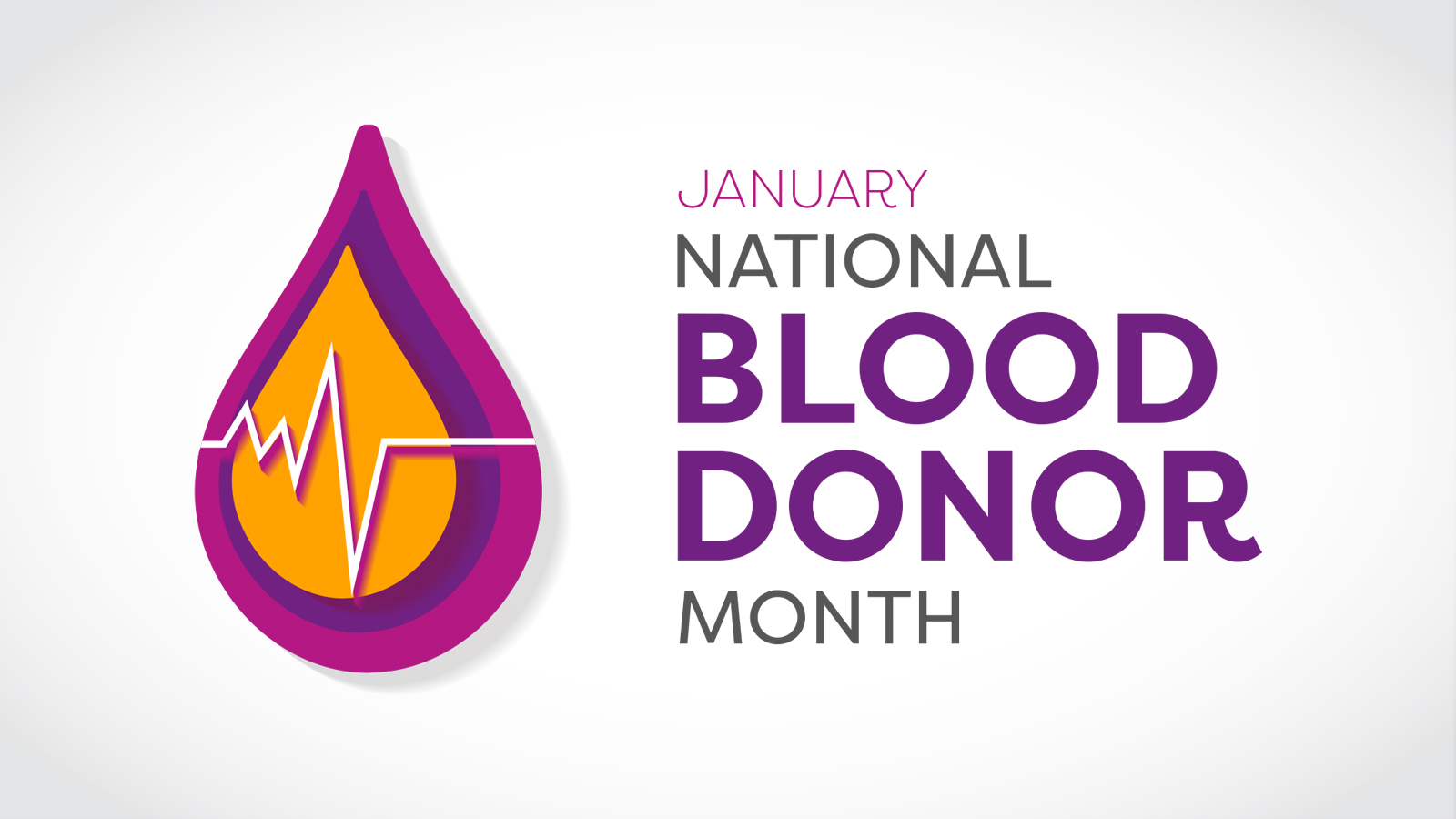This month-long observance recognizes the ongoing need for and importance of blood donation, especially during blood shortages, and recognizes the critical role blood donors play in saving lives. Let's explore why January was chosen as National Blood Donor Month and why your contribution matters now more than ever.
But first, a quick history lesson.
Did you know that since the 1600s, scientists and medical professionals have taken a keen interest in the concept of using live blood transfusions to support hospital patients? By the early 1800s, British obstetrician James Blundell performed the first successful transfusion of human blood to a patient for the treatment of postpartum hemorrhage. Within the next century, blood types and anticoagulant agents were discovered, which aided both the preservation and matching of blood.
The process of collecting and transfusing blood into patients has likely saved millions of lives, and each year, 13 million units of whole blood are collected in the United States alone.
In 1969, President Richard Nixon signed a proclamation designating the month of January as National Blood Donor Month. So it’s been official for some time now. The annual observance was established to show appreciation for blood donors and encourage others to donate blood as often as they can, provided they are healthy and able.
So why January? The first month of our calendar year tends to be a challenging time for blood centers due to various factors.
People are often busy with festivities and travel during the holiday season, leading to blood shortages — which creates a persistent challenge for blood banks and hospitals, affecting patient care and medical treatments. Winter weather conditions can also impact blood drives and donor turnout. By designating January as National Blood Donor Month, organizations aim to raise awareness about the increased demand for blood during this time and encourage individuals to make a lifesaving contribution.
The start of a new year is also synonymous with fresh beginnings and resolutions. National Blood Donor Month capitalizes on this spirit of renewal, motivating individuals to make a positive impact on the well-being of others. It serves as a reminder that a simple act, like donating blood, can set the tone for a compassionate and altruistic year. Because blood products are used quickly and last a limited time, blood donations are always needed so hospitals can effectively treat their patients. Consider making a change in your life by donating blood regularly. Learn more about blood donation.

While designated months, such as National Blood Donor Month, serve as important reminders, the need for blood is constant. By making blood donation a part of your routine throughout the year, you become an integral contributor to the health and resilience of your community and others. Every donation, regardless of the time of year, has a lasting impact, making a difference in the lives of those in greatest need.
As we step into the new year, let's embrace the spirit of giving and compassion. Your decision to donate blood can make a significant impact on someone's life, and by contributing during January, you become part of a collective effort to address the drop in blood donations and ensure patients receive the care they need. Together, let's make National Blood Donor Month a time of renewed commitment to saving lives and fostering a culture of giving that lasts throughout the year.
Thank you to the dedicated individuals who consistently donate blood and the volunteers who work tirelessly to organize and support blood drives.
If you haven’t already, please consider the extraordinary potential of a consistent commitment to blood donation — and keep the lifesaving legacy alive for trauma victims, cancer patients and so many others.

